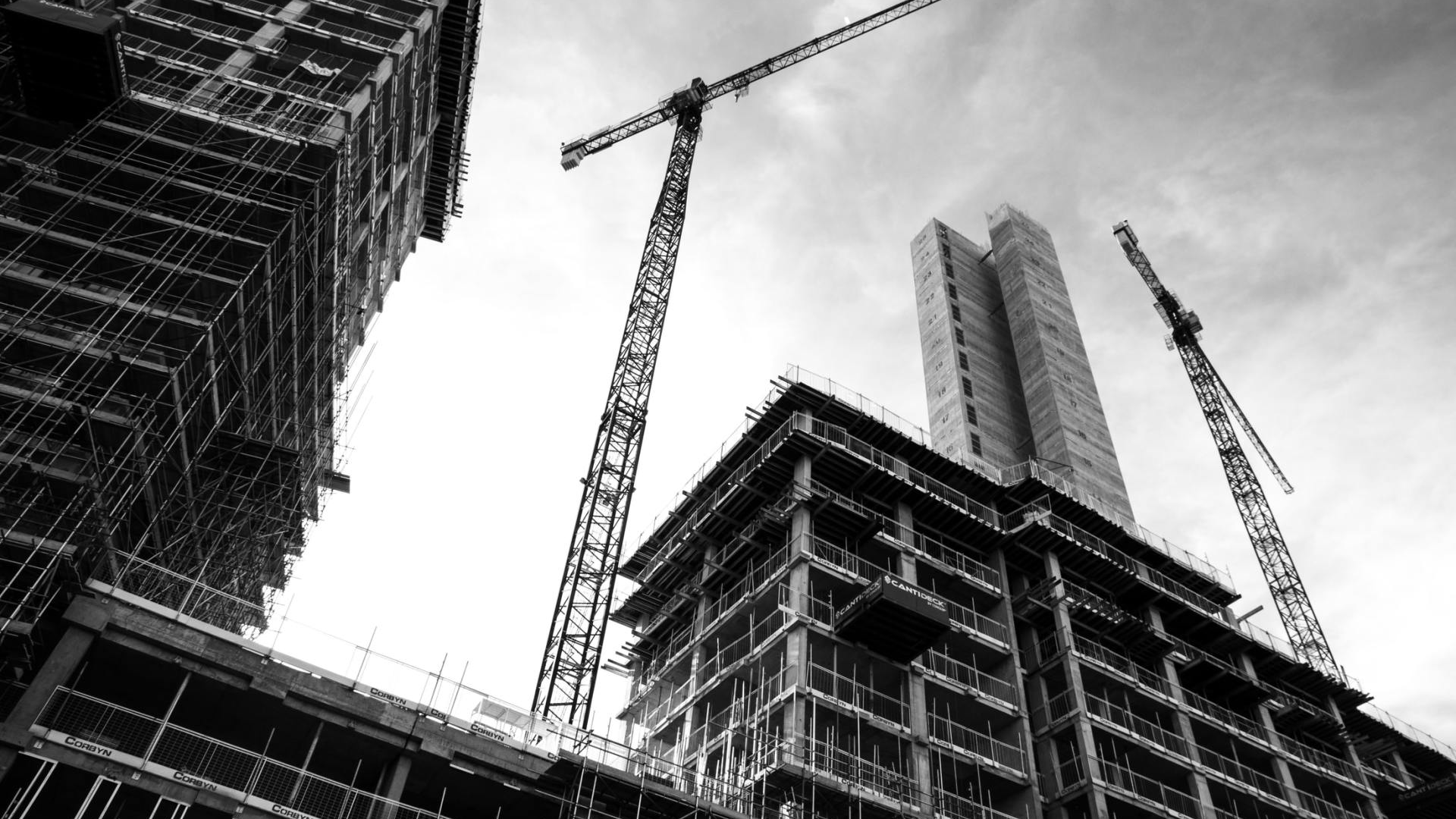Thousands in the South East To Benefit From Government Leasehold Reforms
The media coverage and Law Commission report led to an announcement on 7 January 2021 that the leasehold tenure system will be significantly reformed.

Following increasing public pressure and a detailed report published by the Law Commission in July 2020, the government has announced that legislation will be drawn up to reform the leasehold system. Thousands of leaseholders in the South East are set to benefit from these reforms, which include the right to extend a lease by 990 years with zero ground rents.
In a press release, Housing Secretary Rt Hon Robert Jenrick MP said:
“Across the country people are struggling to realise the dream of owning their own home but find the reality of being a leaseholder far too bureaucratic, burdensome and expensive.
“We want to reinforce the security that home ownership brings by changing forever the way we own homes and end some of the worst practices faced by homeowners.
“These reforms provide fairness for 4.5 million leaseholders and chart a course to a new system altogether.”
Before outlining the proposed reforms, it is worth quickly pointing out the differences between freehold and leasehold property.
What is the difference between freehold and leasehold property?
If you purchase a freehold property you own the building and the land outright. Buyers of leasehold properties on the other hand do not own the land the property is built on or the building their apartment is located in. They effectively enter into a long-term lease that can last years, decades, or centuries.
With its roots dating back to the medieval feudal system, leasehold tenure spread across the British Empire. However, most countries abolished leaseholds decades ago, although pockets remain in New Zealand and British Columbia.
In recent years, leaseholds have been the subject of much criticism, the main issues being:
- Developers charging extortionate ground rents. This led to the government abolishing the right to sell new-build homes as freehold in 2019. In addition, more than 40 leading property developers and freeholders, including Taylor Wimpey and Barratt Homes signed a government-backed pledge, which commits them to change the terms of existing leasehold agreements which contain the notorious ‘doubling clauses’ which can result in ground rent charges reaching thousands of pounds within a few decades.
- Disputes regarding service and maintenance charges relating to leasehold apartments and flats.
- Short or onerous lease clauses leading to properties becoming virtually unsellable or making getting a mortgage impossible.
The media coverage and Law Commission report led to an announcement on 7 January 2021 that the leasehold tenure system will be significantly reformed.
What are the main changes to leasehold ownership?
The proposed amendments to the leasehold system are as follows:
- As mentioned above, leaseholders will be able to extend their leases by 990 years, and ground rent will be abolished upon extension.
- To prevent landlords over-inflating the price of lease extensions, an online calculator will be built to determine the cost of extending a particular lease or buying the freehold.
- Leasehold renewals will not attract the requirement to pay ‘marriage value’ if the length of the lease becomes less than 80 years. ‘Marriage value’ refers to the increase in the value of the property after the lease has been extended.
- People who own retirement properties will not have to pay ground rent.
- Leaseholders can voluntarily agree to a restriction on any future development of their property to avoid paying ‘development value’.
- A Commonhold Council will be established, consisting of “a partnership of leasehold groups, industry and government - that will prepare homeowners and the market for the widespread take-up of commonhold.”
What is Commonhold?
Popular around the world, commonhold is a form of property ownership which allows those purchasing an apartment or flat to own the freehold of their home. A commonhold or residents’ association (made up of the unit owners) is established to manage and maintain the overall complex.
Introduced in 2004 by the Commonhold and Leasehold Reform Act 2002 and Commonhold Regulations 2004, commonhold tenure has not been popular among developers and existing leaseholders. This is partly because there is no incentive to choose commonhold over leasehold whilst the latter can generate revenue. Furthermore, mortgage lenders are often reluctant to lend to people buying commonhold property.
Final words
It may take a year or even two before all the above-mentioned reforms are legislated for.
For tenants, if you have a lease that has 83-82 year remaining, it is crucial to seek legal advice on renewal to ensure you are not charged the ‘marriage value’. A residential property Solicitor can also advise you on matters such as buying your freehold, leasehold enfranchisement, and right to manage.
Landlords will also be affected by the changes and will need to seek advice as to how to structure their property portfolio to protect their best interests.
Our team can advise and represent landlords and leaseholders in all aspects of leasehold extensions, leasehold enfranchisement, and right to manage. For a free consultation please call us on 0208 300 6666.
Leasehold enfranchisement | Law Commission














